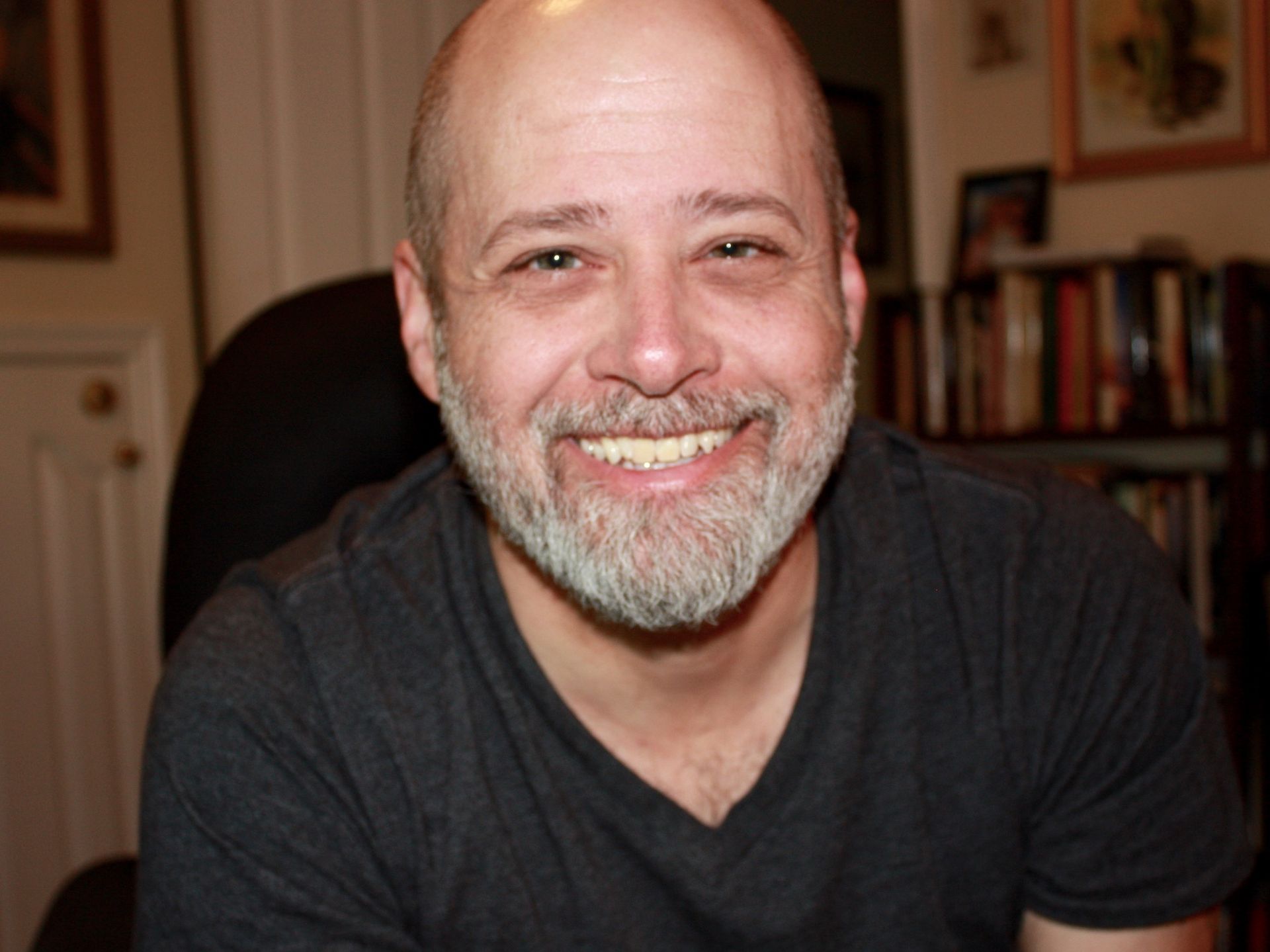I remember pretty vividly the morning when, as a 27 year old associate pastor getting ready to preach for the first time in my new church, I briefly contemplated pretending to faint.
Sitting in the front row of the church, I was feeling completely unprepared to speak the Gospel to a group of people I hardly knew, and to a larger crowd than I had ever spoken to before. Sure, I had dealt with nervousness before, but this was definitely a notch up from what I normally felt. Sick to my stomach, head in hands, I thought to myself “If I just fall over to the floor and don’t get up, what will they do? They can’t MAKE me preach… can they?”
Fortunately for everyone involved, that moment passed. I preached that morning and it was fine. Since then, I’ve felt twangs of stage fright occasionally, but thankfully, never to that extent. In fact, over the years, the nervousness has subsided, but it’s mostly what I’ve learned about preaching that has made me increasingly comfortable in the pulpit.
Here’s what I’ve realized.
First, preaching is a marathon, not a sprint . I think we overestimate what can happen to modern audiences in one morning, and completely underestimate what can happen in a community through years of faithful preaching. Ask a regular church goer what the best sermon they ever heard was. Now ask them for their second favorite. Then their third. This is about where things get fuzzy for most people, not because preaching doesn’t matter, but because it does its best work in the aggregate. It’s not what people hear on any given Sunday that is likely to change them, but what they hear in a year of Sundays that is likely to provide a catalyst for change.
For the individual preacher on a particular Sunday, that means focusing on the long game. Today is important, just not as important as we are likely to believe. Few people will remember what we preach today, but that doesn’t mean it’s not working- slowly but surely watering the seeds of change that the Holy Spirit is working in the lives of our hearers. This takes a lot of pressure off the time I spend in the pulpit, and puts it were it perhaps better belongs: planning, preparing and preaching. I now focus less on what I am going to say to my community this Sunday, and more on what I sense God wants us to say to the community this season, this year.
Second, I’ve realized it’s not about me. And if it seems like it’s becoming about me, I should change that. The real reason we become nervous is because we’ve become focused on ourselves. Our performance, our image, our job… We want to know we’re liked and are doing a good enough job that someone will keep paying us to do it. Fair enough.
But that’s not what preaching is about and we know it. We just need to remind ourselves that it’s not about us. Unfortunately, a generation of celebrity preachers- funny, charismatic, and engaging- have made us think that maybe it is about us, at least, a little bit. We love to listen to them. We want people to feel about us the way we and countless others feel about them, and hang on our words the way so many hang on theirs.
When I first realized this about myself, I knew I had to get off that particular hamster wheel of approval. I’m a decent preacher, but I’ll never be (fill in your favorite big name preacher here).
And neither will you . The vast majority of us are not called to speak before ever larger crowds, get book deals off our sermon series and get called on to speak at large conferences. We just aren’t. And the quicker we realize that, and let go of the fantasy version of our career trajectory, the quicker we’ll be able to get about being the man or woman God has called us to be in our own individual, mundane contexts, speaking to people who, though they number not in the thousands, still matter immensely to God. When I realize that this sermon I’m about to preach is more about Jesus and the people He loves than it is about what people think of me, about honing my skills, increasing my platform or anything other than cooperating with the Holy Spirit in moving the ball incrementally forward in the lives of the people sitting before me, the pressure falls away. And, if you’ll excuse the mixed metaphor, I don’t need to hit a home run every Sunday. Singles and doubles with the occasional triple are just fine. I just need to keep things moving. No pressure to knock it out of the park.
But even in that, I can feel some pressure, so it’s good that I realized it’s less about what I do or fail to do, and more about what the Spirit chooses to do.

Bob is the Director of Equipping and Spiritual Formation for the Ecclesia Network.
He’s the co-author of Eldership and the Mission of God: Equipping Teams for Faithful Church Leadership as well as Ministry Mantras: Language for Cultivating Kingdom Culture.
He planted the Evergreen Community in Portland, OR in 2004 and holds a DMin from George Fox/Portland Seminary.
Bob currently lives in Boise, ID with his wife, Amy, his kids, Jack, Jane, and Josie and his dog, Bentley.







